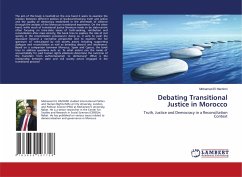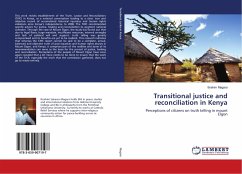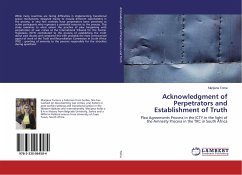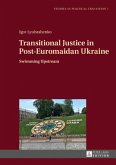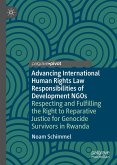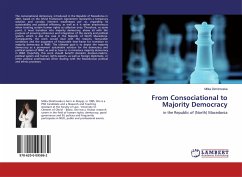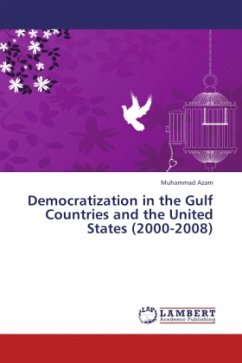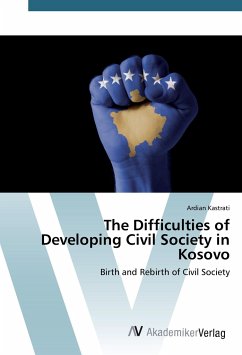The aim of this book is twofold:on the one hand it seeks to examine the relation between different policies of backward-looking truth and justice and the quality of democracy established in the aftermath of violence through the analysis of the Moroccan transitional experience. On the other hand, while much of transitional justice literature tends to be state-centric often focusing on intra-state issues of truth-seeking, retribution and reconciliation after mass atrocity, this book tries to explore the role of civil society in the reconciliation processes.In doing so, it aims to push the discussion beyond a normative perspective and to examine the full spectrum of roles played by civil society actors including supporting dialogue and reconciliation as well as breeding discord and intolerance. Based on a comparison between Morocco, Spain and Cyprus, the book tries to address questions such as: To what extent can the mode of accountability for past human rights violations determine the outcome of the transition from authoritarianism to democracy? What is the relationship between state and civil society actors engaged in the transitional process?

